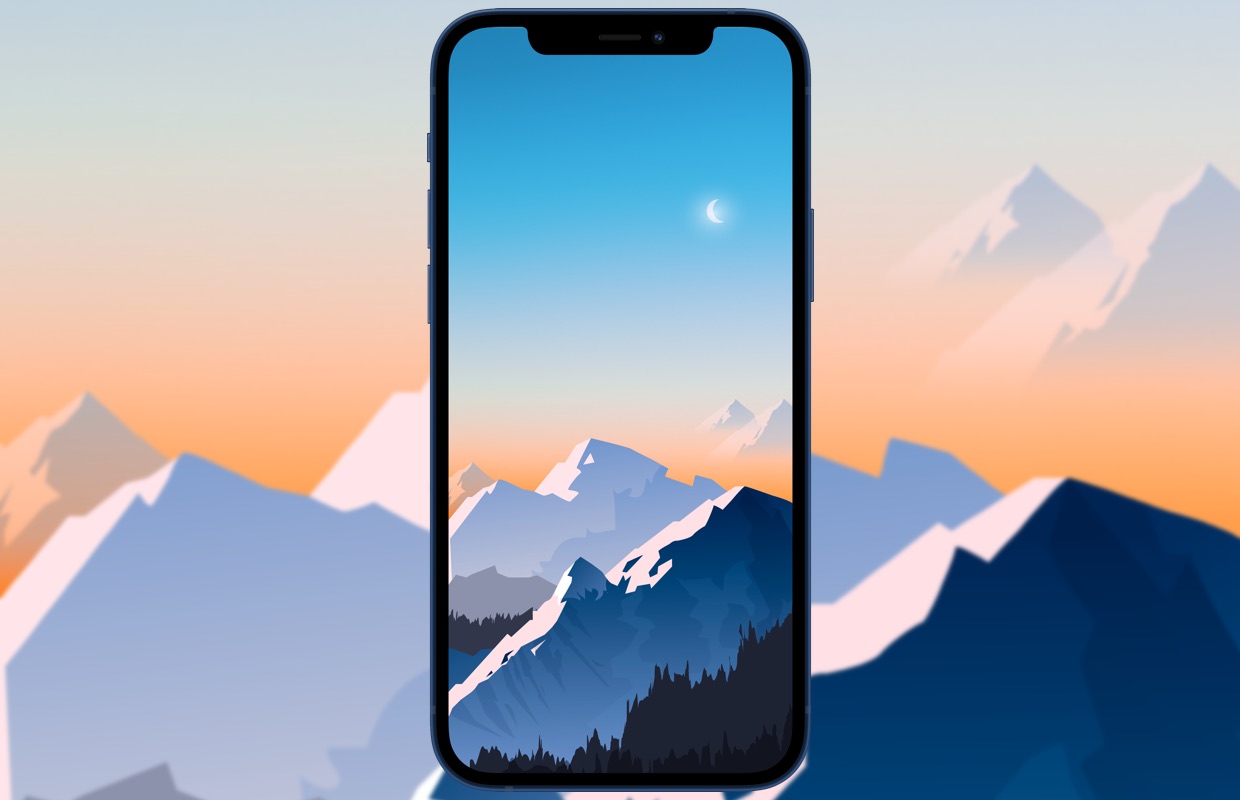“OpenAI paid Kenyans 2 euros an hour to make ChatGPT less toxic”
The employees of a Kenyan company struggled for a pittance to purge ChatGPT of the worst toxic influences. That was too much for them.
Internet, an open sewer?
The Internet is often referred to as an open sewer. While that’s a bit of an exaggeration, there’s unfortunately plenty of content that you wouldn’t want your mother-in-law to read. GPT-3, the technology on which ChatGPT is based, uses hundreds of billions of words extracted from the Internet. Some of these were full of racism, sexual abuse and other things that really can’t be done. Of course these texts had to be removed from the ChatGPT database before it could go online.
Kenyans help OpenAI teach what toxic texts are with ChatGPT
For this thankless task (discovered the American magazine Time) OpenAI, the owner of ChatGPT, hired Sama in Nairobi. Sama considers itself an ethical Ai company that has lifted more than 50,000 people out of poverty. In itself very welcome in Kenya. Because the average Kenyan earns € 150 per month. If he or she already has a job.
OpenAI’s strategy is time-tested. Give people a large number of text fragments, and let people rate which text fragment they find offensive and which they do not. You then train an AI using this set so that it can distinguish between texts classified as “toxic” and normal texts. This approach requires thousands of texts.
Toxic texts cause mental health problems in Kenyans

There’s only one problem. People must first read those texts before they can judge whether a text is offensive or not. Without this human input, ChatGPT simply won’t work. In addition, some texts are so terrible that they can cause great psychological damage to sensitive people.
For example, a man constantly had compulsive images on his retina after reading an extremely nasty description of animal and child abuse. This prompted Sama to end its collaboration with Open AI.
Some employees lost their jobs. Who didn’t pay very well at 1.32 per hour anyway, because the minimum wage in Nairobi is around that high. And even after Sama stopped working together, the complaints persisted among some.



